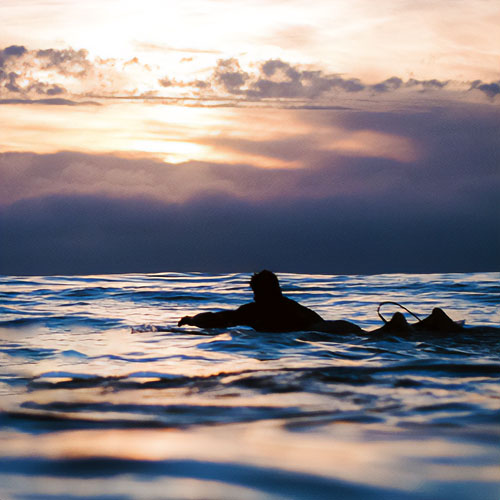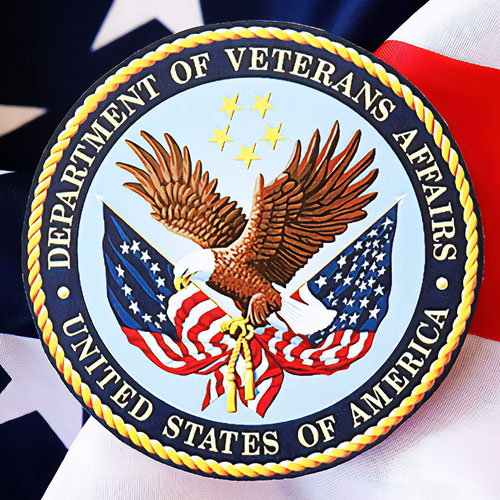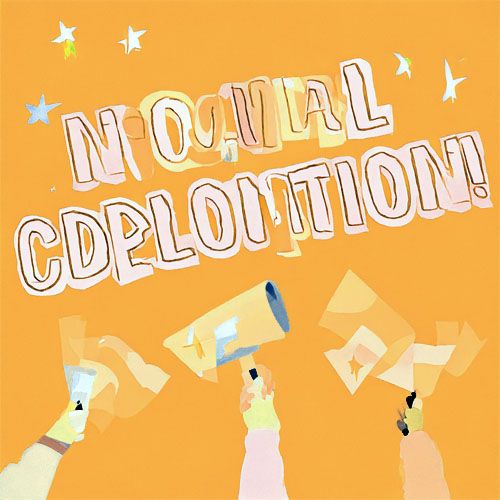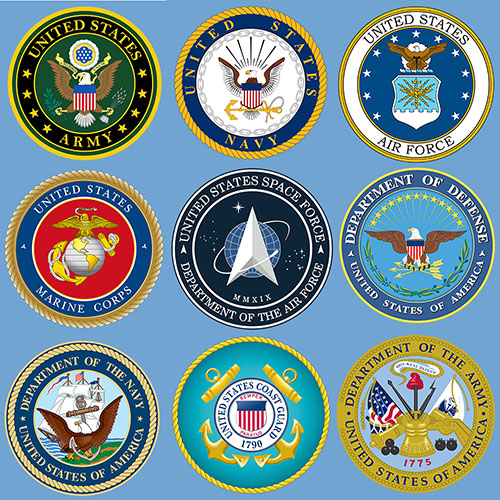Once young, Iraq and Afghanistan veterans now face midlife-crisis Memorial Days as they forge their futures.
Murph Memorial: Honoring the Past
 This past winter, on a group chat with old comrades, one suggested we all do a Memorial Day workout together, either virtually or in person. The workout in question is a CrossFit beast named the Murph, after deceased Navy SEAL and Medal of Honor recipient Michael Murphy, of Lone Survivor film fame. Popular each Memorial Day, it consists of 100 pull-ups, 200 push-ups and 300 squats, bracketed by a mile run before and after.
This past winter, on a group chat with old comrades, one suggested we all do a Memorial Day workout together, either virtually or in person. The workout in question is a CrossFit beast named the Murph, after deceased Navy SEAL and Medal of Honor recipient Michael Murphy, of Lone Survivor film fame. Popular each Memorial Day, it consists of 100 pull-ups, 200 push-ups and 300 squats, bracketed by a mile run before and after.
Swearing proved a not-unpopular answer to that particular ask; most of us on the chat are out of the military and all over the spectrum of workout motivation. But when it became clear that the person suggesting the activity meant it as a way to focus on something positive in the future — instead of grieving an impending personal loss — we started talking about potential plans.
Twenty years ago, nearly all of us were seniors in the Reserve Officers’ Training Corps; the last is our former instructor, who commissioned us as military officers the spring after 9/11. We knew we were graduating into a sharply changed world, but like any early 20-somethings, we had no idea what was in store.
If we had innocence left at the end of our adolescence, we soon lost it. We all deployed overseas, some multiple times. Our experiences varied wildly; some saw infantry combat, others flew above it, and some of us deployed in support roles. We were stewards, holding our places in line for as long as we stayed in.
I was lucky to be with a headquarters unit; the troops I deployed with survived the war, but a few fell in the years after it. My favorite watch chief, who worked with me at a subsequent unit, died of cancer about a decade after we returned from Iraq. In recent years, at least two more former comrades have had obituaries listing “sudden” death, typically code for either suicide or a drug overdose. In 2019, veterans were over 50 percent more likely to take their own lives than civilians, and substance use disorder is associated with suicidal thoughts, plans and attempts among veterans. Though I’m lucky I’ve known only a few who’ve succumbed, doubtless my old ROTC buddies — some of whom lost friends in Iraq — have stories of former colleagues that echo those fates.
Our entire generation of Iraq and Afghanistan veterans was chronologically young, if emotionally aged, when we returned from the war. But now we’re staring middle age in the face, with the requisite slate of middle-aged losses and shifts in perspective; we’re deciding what to remember and what is best forgotten. In the 17 years since our first deployments ended, my friends and I have endured divorces, friends’ and parents’ deaths, cross-country moves, and career 180s. Some of these changes were hard-fought and came slowly, while others barreled our way at Formula 1 speed. We used to meet up with some regularity when we were all stationed near Washington, D.C., or San Diego, but these outings waned as we scattered to disparate corners of America. Now, when we find ourselves in the same pocket of the country for a spell, it’s a bonus. Though two of the seven of us are still in the military, none of us can lie to ourselves that we’re the same people we were when we met.
That’s been especially true in these past few years; in a pandemic, nothing is normal. The entire nation is reeling from loss piled upon loss, in addition to deaths: jobs, human contact, a sense of civil discourse. We’ve been forgetting the feeling of what we recall normal life to be. Further layers of impermanence have tested friendships, too. Political and personal values — and even attitudes toward civic responsibility — morph over time, straining bonds forged in once-shared purpose. The conflicts we fought in are in theory over, only to be replaced by remote strikes and support for proxy forces.
In the aftermath of the United States pulling out of Afghanistan last August, even the Department of Veterans Affairs acknowledged with startling frankness: “At this moment, it may seem like all is lost, like your service or your sacrifices were for nothing … Remember that now is just one moment in time and that things will continue to change.”
I related to that statement. In the aftermath of ISIS taking over Iraq in 2014, I certainly questioned my service. The survival of my fellow troops seemed the only purpose worth fighting for.
So amid the storms of 2022, a Murph on the horizon might seem like no big deal. But when the world’s problems seem overwhelming, taking on a local, personal challenge is a good place to start. So push-ups and squats have become part of my workout routine. I only started running consistently a few months ago after a four-year hiatus; my right foot finally healed after breaking a bone. I haven’t attempted pull-ups in years. Admittedly, performing several hundred of each exercise doesn’t seem likely.
But one former sister-in-arms is a CrossFit instructor and competitor. She offered us tips about breaking the Murph into chunks. There are adaptive forms of the workout, too, for those who don’t quite possess the strength and stamina for the original.
Muscles, minds, marriages and belief systems can all break down between youth and middle age. In midlife, as in war, one cuts one’s losses. By remaining adaptive, we decide what bits from the past can be honored and salvaged in order to build something new. The results — like my old bones or our relationships with each other — may be rickety, but this is a start that can help us grow in the years ahead. For those of us lucky enough to come home to celebrate decades of Memorial Days, the Murph is just one more thing that helps us measure how much our bodies have aged — and our hearts, too.
Teresa Fazio is a former Marine Corps officer and the author of the memoir Fidelis. You can find other veteran insights in these digital pages, but you should look locally for ways to support them in your community. All politics is local, as we understand it.



















